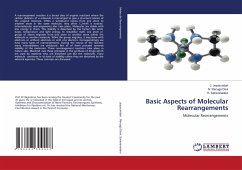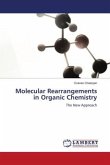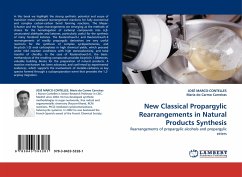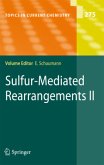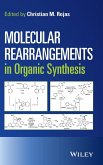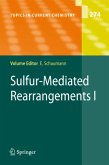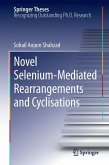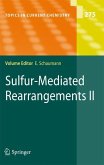A rearrangement reaction is a broad class of organic reactions where the carbon skeleton of a molecule is rearranged to give a structural isomer of the original molecule. Often a substituent moves from one atom to another atom in the same molecule. Very often 1,2-shift is noticed. Intermolecular rearrangements also take place. Molecules are stable with low energy in them. This stability is disturbed by the factors like acids, bases, temperature and light energy. To restabilize itself, one atom or group of atoms migrates from one atom to another atom within the molecule or another molecule. While the group migrates, it may leave with electrons or without electrons or with one electron. Correspondingly we have many types of rearrangements. During the course of the reaction many intermediates are produced. But all of them proceed towards stability of the molecules. These rearrangement reactions take place in nature also. Mankind uses these principles in the synthesis of drugs which are used by mankind who are disturbed just like the molecules. Every molecule continues in its state of stability unless they are disturbed by the external agencies. These concepts are discussed.
Hinweis: Dieser Artikel kann nur an eine deutsche Lieferadresse ausgeliefert werden.
Hinweis: Dieser Artikel kann nur an eine deutsche Lieferadresse ausgeliefert werden.

